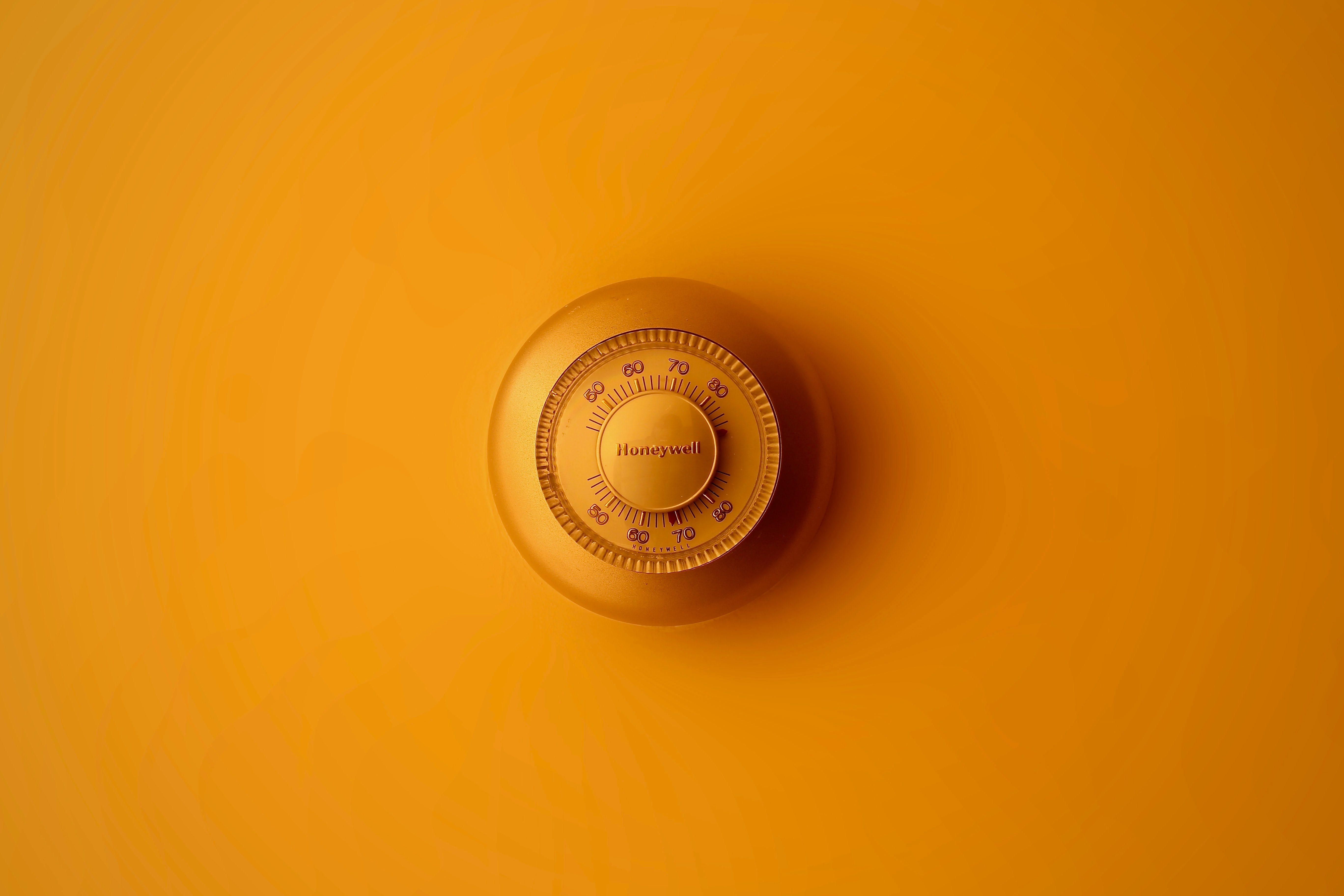Does Attic Insulation Help With Humidity?
Dallas Has An Average Humidity Between 60-70%, Which Isn’t Just Uncomfortable, It Can Damage Your Home. Does Attic Insulation Help With Humidity?
Dallas has an average humidity between 60-70%, which isn’t just uncomfortable, it can damage your home. Does attic insulation help with humidity?
Why do hurricanes hit states like Texas the most? Air with high moisture content or high humidity is the secret ingredient for developing cyclones, and Texas has a humid climate. Dallas, to be exact, is the US' most high-risk city for storms, tornadoes, drought, hail, and floods. Experts devise sensors and radars to reduce yearly catastrophes.
The ordinary homeowner also battles to control humidity within the confines of their home - from the hot & sticky feeling to moisture on electronics and, of course, mold in the attic.
Does attic insulation help with humidity? Let's see why having your attic insulated is one of the best solutions to lowering home humidity.
What Causes Humidity In Your Home?
- Pipe Leaks - Leaky pipes lead to moisture problems for your home. When cold pipes and warm air meet, condensation happens. Condensation then results in water drips and makes for a moister and more humid home. Remember to check your pipes often.
- Damp Basement Soil and Crawlspace - Heat and humidity rise from your home's lowest levels, increasing the amount of moisture in the higher levels.
- Houseplants - How to lower humidity in the house? Experts recommend spreading out your live plants, choosing fake plants, and moving plants outside to decrease humidity in your home. Water from the plant's soil and leaves evaporate and contribute to the moist air.
- High-Heat Activities - Running hot water and the washing machine are some of the everyday activities that increase the humidity levels in your house.
- Breathing - Who would've thought this involuntary function adds to your home's humidity problem? Don't believe it? Take fogging up your car after talking, for example.
- Air Currents / Outside Temperature - 98 percent of water vapor in houses and buildings comes from external sources.
How To Reduce Humidity In A Home
- Windows with built-in Insulation, such as triple-paned and double-paned windows, discourage condensation in the interior window glass. Changing your windows is a small step you can take to lessen the moisture problem in your house.
- Proper ventilation like exhaust fans in your kitchen and bathroom provide instant results and diminishes these spaces' humid and warm air.
- How do I dehumidify my house? Dehumidifiers lend moisture control by removing the moisture from the air. The only cons of dehumidifiers are that dry air can cause nosebleeds & cracked skin, and it's costly to have multiple dehumidifiers at your house.
- Does opening windows increase humidity in winter? Not just in winter, outside temperatures and air currents bring in water vapor to your home all year round. Seal all gaps and openings, if possible.
- Hire a plumber to check, replace or repair leaky pipes.
- Running your air conditioner. Air conditioning replaces humid and warm with cool air. The downside is that running your air conditioner all the time could be expensive.
- To drastically reduce the amount of moisture, insulation is your best ally.
Does Attic Insulation Help With Moisture & Humidity In A Home?
Insulation is no doubt an indispensable part of any home. Insulation's primary function is to give you an air-sealed home. Since it doesn't permit any air leaks, it deters outside temperatures from entering and indoor temperatures from going out. In other words, it acts as a cooling system on hot days and stops heat loss on cooler days.
It creates less strain and prolongs the lifespan of your HVAC system by making your home energy efficient. Energy efficiency means savings on your energy bills.
The gold standard is pairing your insulation with a radiant barrier and a ventilation system such as a solar attic fan.
Insulation has a sealing superpower and doesn't let moisture get in your home, thus preventing water damage and high humidity levels. Homeowners also install insulation for condensation control. Nobody likes dripping water.
But of course, cracks and holes appear over time, and homeowners need to check for water damage and condensation on insulation. A certified attic specialist from Superior Attic can inspect your existing insulation for any signs of wear and tear.
What's The Best Type Of Attic Insulation For Moisture Control?
Spray foam hails supreme as the best insulation for moisture prevention. What makes it the best type of insulation to fight humidity? Spray foam is the go-to of homeowners who need the perfect vapor barrier, especially in hard-to-reach smaller spaces.
Metaphorically, spray foam insulation completely shuts the door (or attic) on water vapor. Because of spray foam's extra sealing and cooling capability, it is the most expensive type of insulation and the least DIY-friendly.
Conclusion
It's not normal to suffer hot, moist air in several rooms at your home and at different seasons too. You may have a humidity problem if you reach to turn the AC on frequently and pay the same high energy bills even in winter and autumn. Humidity can also spell mold and mildew, giving family members congestion, coughs, asthma, and narrow airways.
Lastly, humidity lets dust mites and air pollutants thrive. Contact a certified attic specialist to ensure a healthy home for your family.

